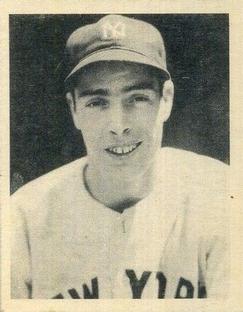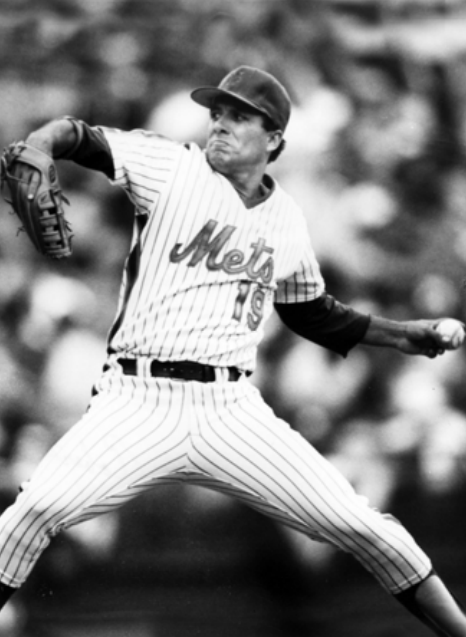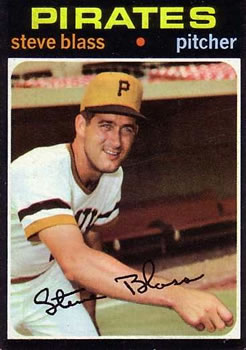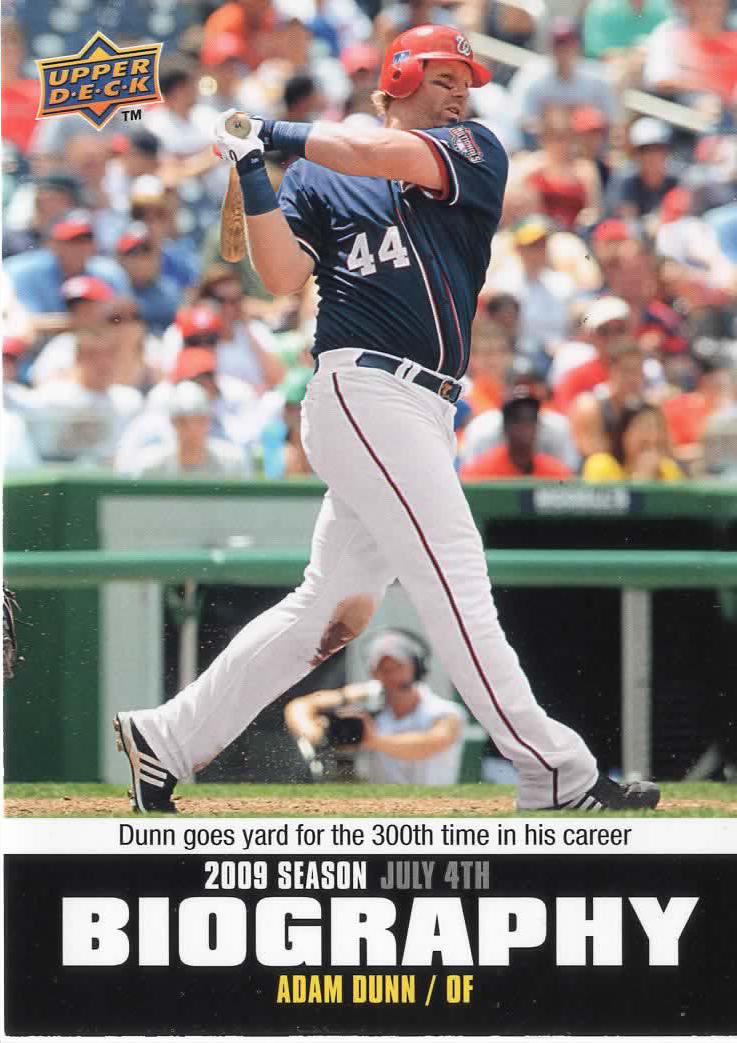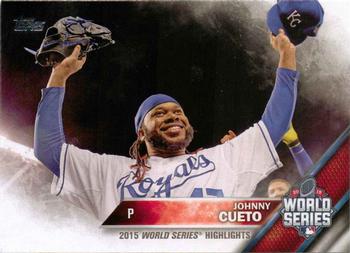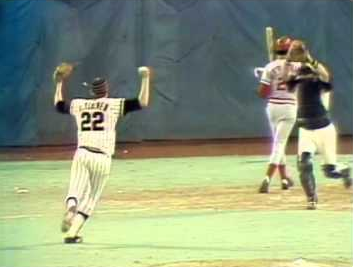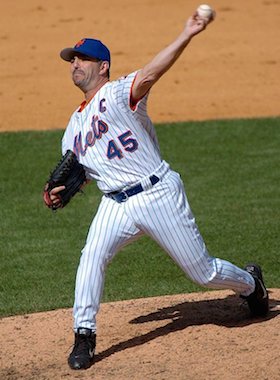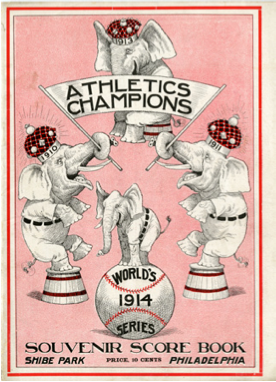October 13, 1992: Pirates back Wakefield with offensive explosion in Game 6 of NLCS
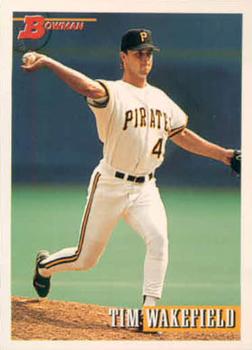 As the 1992 National League Championship Series opened, the Pittsburgh Pirates found themselves facing a familiar foe. In 1991, the Bucs had taken the NL’s best record into its NLCS matchup with the upstart Atlanta Braves, but despite a 3-2 lead in games and home field in Games Six and Seven, they ultimately fell short of capturing the series. Pittsburgh’s vaunted offense was shut out in the final two games, as the Braves won their first pennant since 1958.
As the 1992 National League Championship Series opened, the Pittsburgh Pirates found themselves facing a familiar foe. In 1991, the Bucs had taken the NL’s best record into its NLCS matchup with the upstart Atlanta Braves, but despite a 3-2 lead in games and home field in Games Six and Seven, they ultimately fell short of capturing the series. Pittsburgh’s vaunted offense was shut out in the final two games, as the Braves won their first pennant since 1958.
The 1992 rematch again featured the two teams with the NL’s best records. However, this time the Braves had the home field advantage after a league-leading 98-64 record.1 After the Braves jumped out to a 3-games-to-1 lead, Pirates Game Five starter Bob Walk pitched a masterful three-hit complete-game 7-1 victory, staving off elimination and sending the series back to Atlanta with the Braves leading three games to two. To win the pennant, the Pirates needed to do what the Braves had accomplished, that is, win the final two games on the road.
A sellout crowd of 51,975 gathered for Game Six at Fulton County Stadium, hoping to see the Braves clinch their first pennant at home since moving to Georgia in 1966. The Braves’ starting pitcher was their stellar 26-year-old left-hander Tom Glavine, the reigning Cy Young Award winner, who had just recorded his second consecutive 20-win season, posting a 2.76 ERA and a league-leading five shutouts. Opposing Glavine was 26-year-old rookie knuckleballer Tim Wakefield, who had started the season at Triple-A Buffalo and had only been called up to the parent club in late July. The right-handed Wakefield quickly moved into the starting rotation and responded with an impressive overall record of 8-1 and ERA of 2.15 in just 13 starts. His performance was so remarkable that Pirates GM Ted Simmons stated that his team’s rotation for the NLCS would be “Doug Drabek, Danny Jackson, and the Miracle (Wakefield).”2 Pirates manager Jim Leyland compared the 1991 team to this year’s by singling out Wakefield: “He’s been our one and only surprise this year. The rest of the team, we pretty much knew about.”3
Despite the obvious mismatch in major-league experience of the starters, the Pirates’ confidence had been bolstered in Game Three of the series, when Wakefield had outdueled Glavine, 3-2, with a complete-game five-hitter (despite giving up two solo homers). In fact, the Braves had been so befuddled by Wakefield’s knuckleball that manager Bobby Cox had summoned 53-year-old retired Braves knuckleballer Phil Niekro to pitch batting practice before the game.4 Atlanta shortstop Jeff Blauser likewise remarked that bats were of little use in returning Tim Wakefield`s knuckleball lobs, the Braves should have used (tennis) rackets.5
After a scoreless first inning, the Pirates put on an offensive explosion in the top of the second that blew the game open and drove Glavine to an early exit. Cleanup hitter and NL slugging leader Barry Bonds led off with a long home run to right that gave the Bucs a quick 1-0 lead. Jeff King and Lloyd McClendon followed with singles, and catcher Don Slaught launched a two-run double to right, pushing the lead to 3-0.José Lind grounded to shortstop Blauser, who threw to third in an attempt to cut down the lead runner. However, the throw glanced off Slaught and past third baseman Terry Pendleton, allowing Slaught to score, with Lind winding up at second base.6 Pitcher Wakefield then put down a bunt (on a 1-and-2 count) that was fielded by Glavine, who threw to third too late, putting runners at first and third. The Braves pitcher’s frustrations began to show, as he paused to glare at catcher Damon Berryhill for directing him to throw to third.7 Leadoff hitter Gary Redus followed by fighting off an inside pitch with a flare to right field that landed just inside the foul line, a double that scored Lind and sent Wakefield to third.8 The next batter, Jay Bell, blasted a three-run homer to left, pushing the lead to 8-0, with still no outs in the inning. That spelled the end for Glavine, who was pulled in favor of Charlie Leibrandt and left to a chorus of boos from the home crowd.9 While southpaw Leibrandt managed to keep the score intact, he did give up singles to Bonds and McClendon, with the inning ending only after McClendon rounded first base too far, and Bonds was caught between third and home on a bizarre 9-5-3-6-2-5-3 putout.
In the bottom of the second, Wakefield issued a leadoff walk to Sid Bream, and two outs later, walked number-eight hitter Mark Lemke. Braves manager Bobby Cox elected not to pinch-hit for pitcher Leibrandt, who promptly struck out swinging, leaving the score 8-0 after two frames. The decision not to use a pinch-hitter was second-guessed openly by members of the Atlanta media and seemed to indicate that Cox was already looking ahead to Game Seven.10
Neither team scored in the third inning, but the Braves finally dented the scoreboard in the bottom of the fourth. Sid Bream led off the inning with a single to center and Ron Gant walked. Wakefield then retired Berryhill and Lemke, again bringing up the pitcher’s spot with two out and two on. This time, Cox decided to replace Leibrandt with pinch-hitter Lonnie Smith, who smacked the first pitch into right field for an RBI single. Wakefield then issued his fourth walk of the game to Otis Nixon to load the bases, but was able to avoid a big inning by getting Jeff Blauser on a popup to shortstop to strand the runners.
In the top of the fifth, the Pirates reignited their offense against the new Braves pitcher, “Starvin’” Marvin Freeman, effectively putting the game out of reach. Freeman began by issuing walks to McClendon and Slaught, and Jose Lind followed with a two-run double to extend the lead to 10-1. After Wakefield sacrificed Lind to third, Redus came through with an RBI single. Jay Bell then grounded to first, with Redus taking second on the play. The next batter was Andy Van Slyke, who pounced on the first pitch for a single to score Redus and give the Bucs a 12-1 lead after only 4½ innings.
With a commanding lead, Pirates manager Leyland now had the luxury of resting his bullpen for the inevitable Game Seven, despite Wakefield not being as sharp as in his prior performance.11 Wakefield gave up consecutive singles to start the fifth inning, but settled down to retire the next three batters, with the final out coming after a diving stop by third baseman Jeff King on Berryhill’s hard groundball.12 The Pirates stretched their lead to 13-1 on a solo homer by McClendon in the sixth, and rest of the game was reduced to a mere formality. Wakefield was touched for two home runs by David Justice, but they were of little consequence. When Sid Bream grounded to short for the final out of the game, Pittsburgh had evened the NLCS with a resounding 13-4 victory.
Tim Wakefield’s final line was hardly the stuff of legend: 141 pitches, nine hits, four earned runs, two home runs, four walks, four strikeouts, and one wild pitch. However, by going the distance for the second time in the series, he ensured that the team would have a rested bullpen for the decisive seventh game. Meanwhile, the Pirates’ dominant offensive performance had already produced the following NLCS records by one team:13
- Most doubles, series: 16.
- Most runs scored, series: 33.
- Most total bases, one inning: 16 (second inning, Game Six).
- Most runs, NLCS game: 13 (Game Six, 1992). Tied with Atlanta Braves (Game Two, 1992) and Chicago Cubs (Game One, 1984).
Postscript
The next evening, the Pirates took a 2-0 lead into the bottom of the ninthinning behind right-hander Doug Drabek, but were undone by a three-run Braves uprising, culminating when former Pirate Sid Bream slid home with the winning run on a two-out, two-run pinch single by Braves third-string catcher Francisco Cabrera off Bucs reliever Stan Belinda. That final play, often referred to simply as “The Slide,” seemed to be a turning point after which the Pirates would struggle for years to come.14 In the offseason, both Barry Bonds, the 1992 National League MVP, and Doug Drabek, the Pirates’ number-one pitcher, left the team to sign free-agent contracts with the Giants and Astros, respectively. The 1993 Pirates played.500 ball through June 28 but never reached that plateau again for the rest of the season. By the end of July, they had released prior-year starting catcher Mike LaValliere, were forced to accept the resignation of GM Ted Simmons, traded away Stan Belinda, and had even sent Tim Wakefield down to Double A after he started the season with severe bouts of wildness, including one game when he walked 10 batters. The Pirates finished the 1993 season in fifth place in the NL East with a record of 75-87, the first of 20 consecutive losing seasons, a streak unmatched in the history of major-league baseball.
This article appears in “Moments of Joy and Heartbreak: 66 Significant Episodes in the History of the Pittsburgh Pirates” (SABR, 2018), edited by Jorge Iber and Bill Nowlin. To read more stories from this book at the SABR Games Project, click here.
Sources
In addition to the sources cited in the Notes, the author consulted Baseball-Reference.com and Retrosheet.org. Note: Due to an ongoing Teamsters strike, there was no coverage of the ’92 NLCS by Pittsburgh’s two major newspapers at the time, the Press and the Post-Gazette.
Notes
1 The city where League Championship Series games would commence alternated each year from 1969 through 1993 between the East and West Divisions. Even when both LCS formats switched from a best-of-five series to a best-of-seven series in 1985, the regular season won-loss records did not factor into the playoffs until the League Division Series was added.
2 Bill Nowlin, “Tim Wakefield,” (SABR BioProject), sabr.org, December 15, 2016.
3 Mark Maske, “Pirates Pin Hopes on Wakefield,” Washington Post, October 13, 1992.
4 Furman Bisher, “A 13-Run Massacre on Tuesday the 13th,” Atlanta Journal Constitution, October 14, 1992: D1.
5 Gordon Edes, “White Knuckles: It’s Braves’ Turn,” Sun Sentinel, October 13, 1992.
6 Mark Maske, “Pirates Pound Braves 13-4, Send NLCS to 7th Game,” Washington Post, October 14, 1992.
7 Ibid.
8 Ibid.
9 Ibid.
10 Prentis Rogers, “Chop Talk: What the Players, Fans, and Media are Saying on the Air,” Atlanta Journal Constitution, October 14, 1992: D6.
11 Jerome Holtzman, “Leyland Defends Wakefield Going the Distance,” Chicago Tribune, October 14, 1992.
12 Fred McMane (United Press International), “Pirates 13, Braves 4,” October 14, 1992.
13 ”National League playoff records set so far by the Pirates and Braves,” Atlanta Journal Constitution, October 14, 1992: D6.
14 Brady McCullough, “The Slide: The Moment That Begat a Legacy of Losing for the Pirates,” Pittsburgh Post-Gazette, April 2, 2012.
Additional Stats
Pittsburgh Pirates 13
Atlanta Braves 4
Game 6, NLCS
Atlanta-Fulton County Stadium
Atlanta, GA
Box Score + PBP:
Corrections? Additions?
If you can help us improve this game story, contact us.


